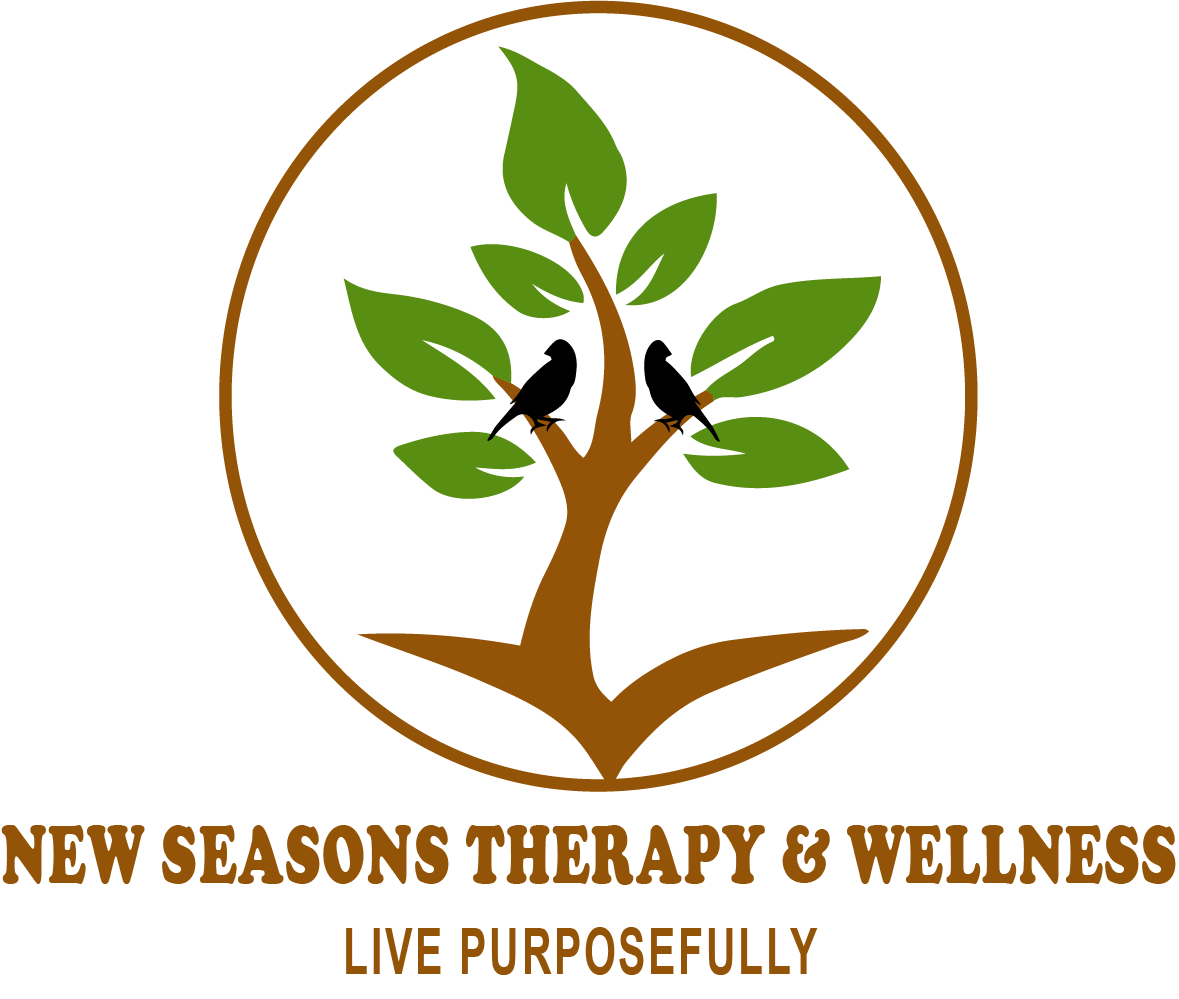Common Couples Problems
3 Common Problems Couples Bring to Therapy
“What is the number one problem of the couples you see?” I returned a smile and a chuckle.
That was the question from one of my unmarried clients. I did not hesitate to answer. My response? Communication. Yes, that was number one. The other two would be managing conflicts and arguments and building or increasing intimacy. There you have it, the top three problems couples bring to therapy.
Communication
Communication is a vital aspect of relationship building. Relationships evolve and with time there is change, development, and growth. When these processes occur, they impact the couple's relationship, which affects the emotional responses and interactions. When the couple entered the therapy room, they already had many situations of negative interactions and feelings of frustration. Their attempted solutions do not help to create the change they want to accomplish in their relationship. Sometimes couples cannot identify their emotions and others are not ready to honestly disclose their unacknowledged emotions. This requires an understanding of the emotions that underlie the conflict.
Managing conflicts and arguments
The interactions that create the negative cycles result in difficulty managing conflicts and arguments, while couples continue to engage in a flight or fight dance. Couples engage in the negative cycle of blame, criticism, defensiveness, and avoidance. The therapist’s role is to identify the negative cycles and help the couple integrate new and healthy patterns of interaction. If a therapist does not help the couple acknowledge those emotions, the couple can remain in the negative cycle of conflict-motivated or conflict-avoidant interaction.
Intimacy
Let us talk about intimacy. This complaint mostly comes from female clients whose male spouses are either emotionally unavailable or uncomfortable reciprocating affection. Working with this couple requires cooperation and willingness to learn a new way of accommodating empathic listening, validation, acknowledgment, vulnerability, and affirmation, in their relationship. If they can meet those requirements, the change they desire can begin. I have worked with couples who came into therapy with emotional avoidance and through a process of intervention saw progressive change in their relationship.
Suppose you are a couple struggling with any of those three critical issues brought to therapy and want to change the current negative patterns and grow your relationship. In that case, you can schedule your appointment with me.
